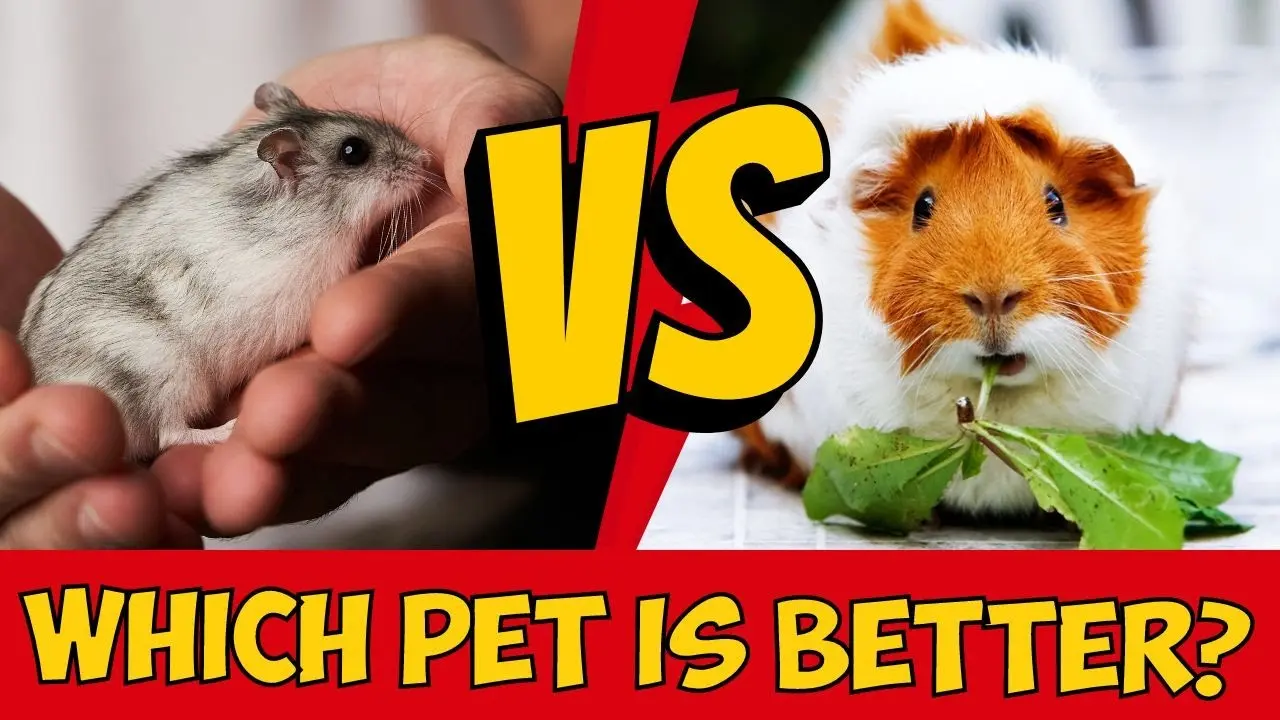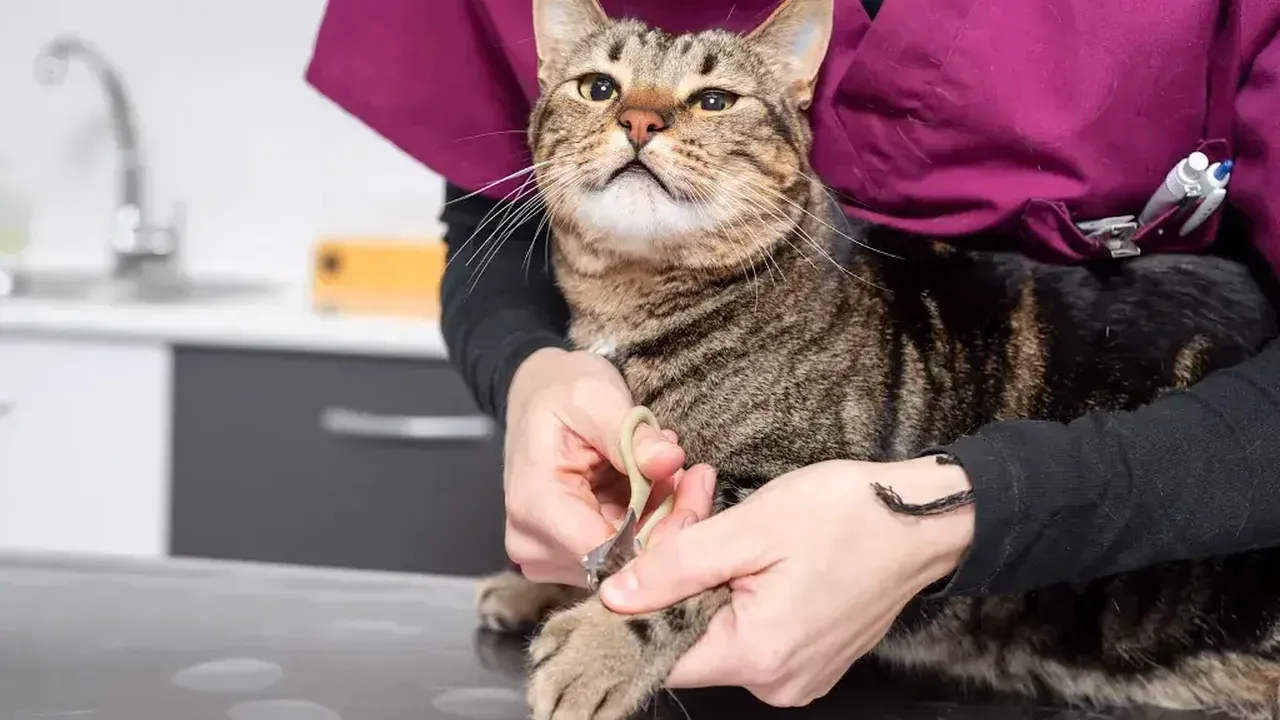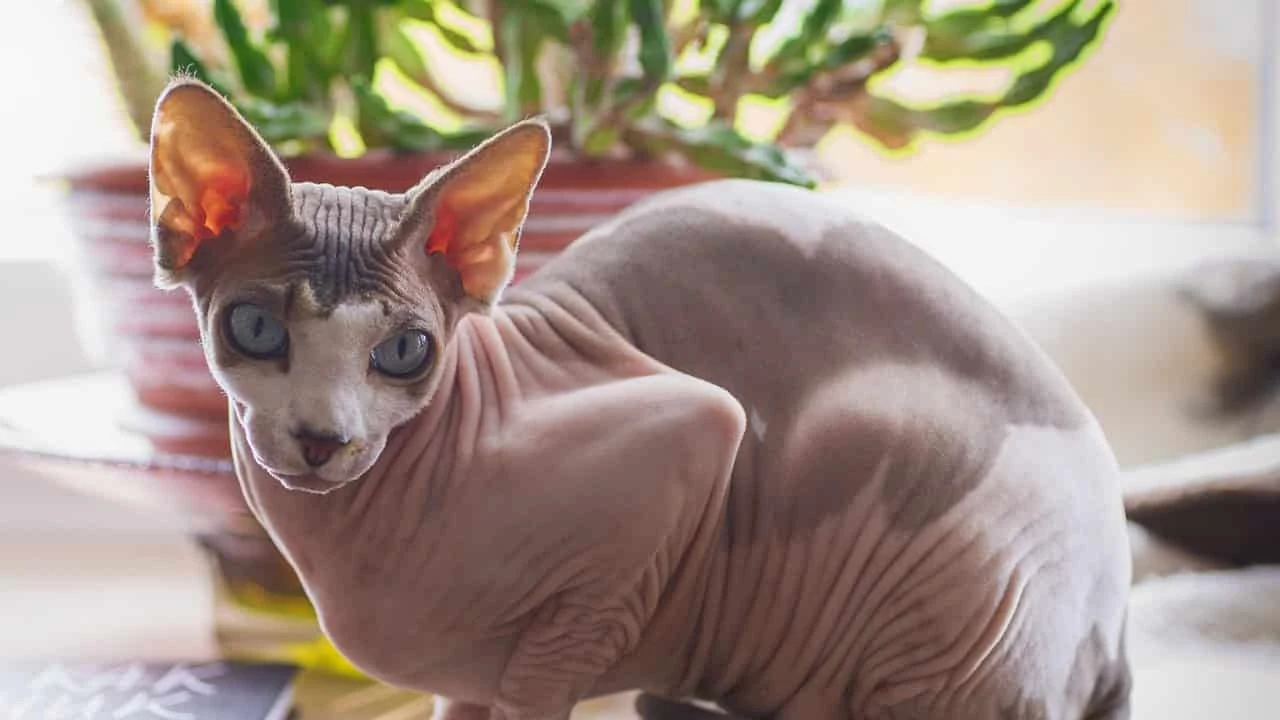7 Best Small Pets for Seniors
Looking for a low-maintenance companion? These small pets are great for seniors. Discover gentle and easy-to-care-for small animals. Enjoy the companionship of these friendly pets.

Choosing the Right Small Pet for Senior Citizens
As we age, our lifestyles and needs often change. For seniors, the companionship of a pet can be incredibly rewarding, providing emotional support, reducing feelings of loneliness, and even encouraging physical activity. However, the responsibility of caring for a larger animal, like a dog or cat, can sometimes be overwhelming. That's where small pets come in! They offer all the benefits of pet ownership with less demanding care routines. This guide explores seven fantastic small pet options ideally suited for seniors, considering factors like ease of care, temperament, and suitability for smaller living spaces.
Low-Maintenance Small Pets: Guinea Pigs for Seniors
Guinea pigs are social and relatively easy to care for, making them an excellent choice for seniors. They are known for their gentle nature and can form strong bonds with their owners. Guinea pigs require a spacious cage, daily feeding, and regular cleaning, but their playful personalities make the effort worthwhile. They also enjoy interacting with their owners and can be trained to perform simple tricks. Remember, they need a companion! Always adopt guinea pigs in pairs or small groups.
Guinea Pig Care Essentials:
- Housing: A large cage with solid flooring and plenty of space to roam. A good starting point is a cage at least 7.5 square feet for two guinea pigs. Brands like Midwest Guinea Habitat Plus (around $80-$100) are popular and easily expandable.
- Diet: High-quality guinea pig pellets, fresh vegetables (like leafy greens, bell peppers, and carrots), and unlimited hay (Timothy hay is best). Oxbow Essentials Adult Guinea Pig Food (around $20 for a 10lb bag) is a trusted brand.
- Cleaning: Daily spot cleaning and weekly full cage cleaning are necessary to maintain hygiene.
- Socialization: Guinea pigs thrive on interaction. Spend time talking to them, petting them, and letting them explore outside their cage in a safe environment.
Easy to Care For Small Pets: Hamsters as Senior Companions
Hamsters are another popular small pet choice, particularly Syrian hamsters (also known as golden hamsters). They are nocturnal, meaning they are most active at night, which can be a good fit for seniors who are more active during the day. Hamsters require a smaller cage than guinea pigs and are generally less demanding in terms of social interaction. However, they do need a clean cage, fresh food and water, and a running wheel for exercise. Syrian hamsters should be housed alone, as they can be territorial. Dwarf hamsters can sometimes be kept in pairs or small groups, but introductions need to be done carefully and monitored.
Hamster Habitat and Care:
- Housing: A wire cage or plastic bin cage with good ventilation. A cage size of at least 450 square inches is recommended. The Prevue Pet Products Hamster Cage (around $40-$60) is a common choice.
- Diet: High-quality hamster pellets, supplemented with small amounts of fresh vegetables and fruits. Mazuri Rat & Mouse Diet (it's also suitable for hamsters, around $25 for a 5lb bag) is a nutritionally complete option.
- Enrichment: A running wheel (solid surface to prevent foot injuries), chew toys, and hiding places are essential for a hamster's well-being. Silent Spinner wheels (around $15-$25) are a good, quiet option.
- Handling: Handle your hamster gently and regularly to build trust. Avoid startling them.
Gentle Small Pets: Fancy Rats for Seniors
Don't let the stigma fool you! Fancy rats are intelligent, social, and surprisingly clean animals, making them excellent companions for seniors. They are highly trainable and can learn tricks like coming when called or navigating mazes. Rats require a spacious cage with plenty of enrichment, including climbing opportunities, hiding places, and chew toys. They are social animals and should be kept in pairs or small groups. Rats are also relatively short-lived, with an average lifespan of 2-3 years, which can be a consideration for some seniors.
Rat Care Tips:
- Housing: A multi-level cage with wire or solid shelves. Critter Nation cages (around $150-$250, depending on size) are a popular and spacious option.
- Diet: High-quality rat blocks or lab blocks, supplemented with fresh vegetables, fruits, and small amounts of protein. Oxbow Essentials Regal Rat Food (around $20 for a 3lb bag) is a well-regarded brand.
- Enrichment: Rats are intelligent and need plenty of mental stimulation. Provide them with toys, puzzles, and opportunities to explore.
- Socialization: Spend time interacting with your rats daily. They enjoy being petted, handled, and played with.
Quiet Companions: Gerbils as Pets for Older Adults
Gerbils are active and curious little creatures that can provide hours of entertainment. They are relatively low-maintenance and are known for being clean and odorless. Gerbils require a tank or cage with a deep layer of bedding for burrowing. They are social animals and should be kept in pairs or small groups. Gerbils are also relatively quiet, making them a good choice for seniors living in apartments or other shared living spaces.
Gerbil Housing and Care:
- Housing: A glass tank or wire cage with a solid bottom and a secure lid. A 20-gallon long tank is a good size for two gerbils.
- Diet: High-quality gerbil pellets, supplemented with small amounts of fresh vegetables and fruits.
- Bedding: Provide a deep layer of paper-based bedding or aspen shavings for burrowing. Avoid cedar and pine shavings, as they can be harmful.
- Enrichment: Gerbils love to chew, so provide them with plenty of cardboard tubes, wooden toys, and chew sticks. They also need a sand bath for grooming.
Low-Effort Pets: Fish for Seniors
While not cuddly, fish can be incredibly calming and therapeutic to watch. A well-maintained aquarium can be a beautiful addition to any home and provide a sense of tranquility. Fish require regular feeding, water changes, and tank maintenance, but the effort is relatively minimal compared to other pets. Betta fish are a popular choice for beginners, as they are relatively hardy and can be kept in smaller tanks. However, they must be housed alone. A community tank with a variety of peaceful fish can also be a rewarding option.
Fish Tank Essentials:
- Tank: Choose a tank size appropriate for the type of fish you want to keep. A 5-gallon tank is sufficient for a single betta fish.
- Filter: A good filter is essential for maintaining water quality.
- Heater: Most tropical fish require a heater to maintain a consistent water temperature.
- Lighting: Aquarium lighting is important for plant growth and the overall health of the fish.
- Decorations: Provide hiding places and enrichment for your fish with plants, rocks, and driftwood.
Birds: Budgies (Parakeets) as Senior Companions
Budgies, also known as parakeets, are small, colorful birds that can make wonderful companions. They are relatively easy to care for and can be trained to talk and perform tricks. Budgies require a cage with plenty of space to fly, as well as toys and perches to keep them entertained. They are social animals and should be kept in pairs or small groups. Budgies can be a bit noisy, so they may not be the best choice for seniors who are sensitive to sound.
Budgie Care Basics:
- Housing: A spacious cage with horizontal bars for climbing. A cage size of at least 18x18x18 inches is recommended for two budgies.
- Diet: High-quality budgie seed mix, supplemented with fresh vegetables, fruits, and a cuttlebone for calcium.
- Enrichment: Provide your budgies with toys, perches, and opportunities to interact with you.
- Socialization: Spend time talking to your budgies and handling them gently to build trust.
Reptiles: Leopard Geckos for Seniors
Leopard geckos are docile and relatively low-maintenance reptiles that can make fascinating pets for seniors. They are nocturnal and require a terrarium with a heat source and a humid hide. Leopard geckos eat insects, such as crickets and mealworms, which need to be gut-loaded (fed nutritious food) before being offered to the gecko. Leopard geckos are relatively quiet and don't require a lot of space, making them a good choice for seniors living in apartments or other smaller living spaces.
Leopard Gecko Care:
- Housing: A 20-gallon long terrarium is sufficient for one or two leopard geckos.
- Heating: Leopard geckos need a heat gradient, with a warm side and a cool side. Use an under-tank heater or a ceramic heat emitter to provide warmth.
- Diet: Crickets, mealworms, and other insects, dusted with calcium and vitamin supplements.
- Humidity: Provide a humid hide for shedding.
- Handling: Handle your leopard gecko gently and regularly to build trust.
:max_bytes(150000):strip_icc()/277019-baked-pork-chops-with-cream-of-mushroom-soup-DDMFS-beauty-4x3-BG-7505-5762b731cf30447d9cbbbbbf387beafa.jpg)






